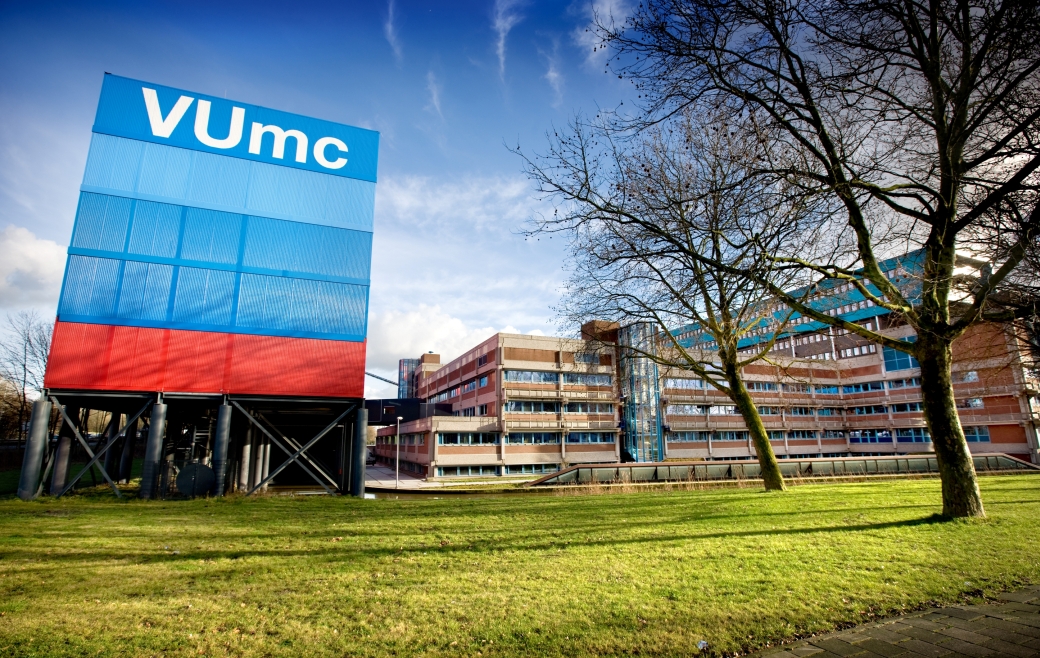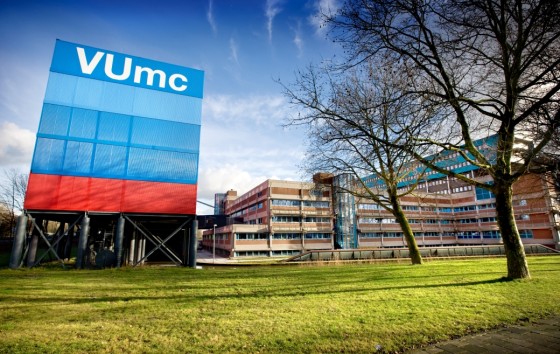Faecal transplants could revolutionise treatment of diabetes 1


Amsterdam’s UMC teaching hospital is to be given €1m to investigate the role of gut bacteria in diabetes type 1.
Donors diabetes charities Diabetis Fonds and Stichting DON said the research is ‘a new and unexpected but very promising approach’ to the illness, which affects some 120,000 people in the Netherlands.
In people with diabetes type 1 the immune system prevents the production of insulin, which patients have to administer to themselves. Researchers now think that a faecal transplant may weaken the immune system’s reaction.
The microbiome, or gut, contains bacteria, yeasts and viruses and plays a role in the workings of sugar metabolism and the immune system. In people with diabetes 1, the composition of microbiome and the gut’s immune system are different and the presence of gut bacteria from a healthy person could help stabilise the illness, preventing peaks or even curing it completely.
The investigation is expected to take five years and could lead to a completely new treatment for diabetes 1, both for people who have just been diagnosed and those who have had the illness for longer, researchers said.
‘I’m very optimistic about the idea of faecal transplants for these patients, also because I’m convinced it will lead to a better understanding of the cause of the disease,’ professor Max Nieuwdorp of Amsterdam UMC said.
Thank you for donating to DutchNews.nl.
We could not provide the Dutch News service, and keep it free of charge, without the generous support of our readers. Your donations allow us to report on issues you tell us matter, and provide you with a summary of the most important Dutch news each day.
Make a donation